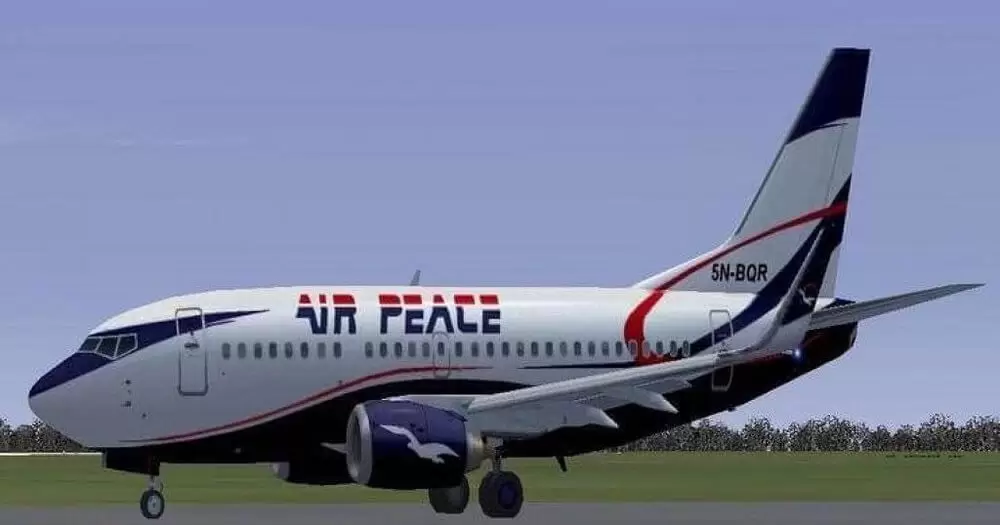The safety of air passengers has become a cause for concern as Nigerian airlines grapple with high cost of aviation fuel and foreign exchange shortage to maintain their aircraft, according to the Director General of the Centre for the Promotion of Public Enterprises, Muda Yusuf.
Yusuf said the future is bleak for Nigerian airlines who are struggling to survive the headwinds.
Advertisement
Ticket prices rose around 50 per cent from N25,000 for a one-way economy ticket to N55,500 in April and have remained unchanged for months.
In Africa’s biggest economy, air passengers spend N65,000 to board a one-way economy flight to states like Kebbi, Kogi and Yobe.
Airline operators are faulting the high cost of jet A1 fuel (aviation fuel) which has increased to over N650 per litre.
“As long as we have this, it will continue to put pressure on the aviation sector and that means the cost of flight will continue to increase and could also pose a safety risk,” Yusuf said in an interview with THE WHISTLER.
Advertisement
On Monday, Aero contractors became the first airline in Nigeria to announce indefinite suspension of flights operations over shortage of aircraft and foreign exchange quagmire.
The airline said it is haunted by “high cost of maintenance, skyrocketing fuel prices, inflation, and forex scarcity,” adding it is finding it difficult to maintain aircrafts.
Yusus said, “The situation can only abate if there is a reduction in the cost of aviation fuel and if there is an appreciation of the currency. These are the two factors driving the cost.
“The question now is whether there is any prospect for the cost of aviation fuel to come down or for the exchange to improve. That is now the challenge.
“But the outlook at least in the next few months or one year is not looking as if we are likely to see any respite, because the factors driving these are first we are not refining locally; second we have this Ukraine problem which may not go away soon and third we have this foreign exchange issue which has been compounded by the foreign exchange policy and all the distortions in the forex market and all these are not likely to change in this current political dispensation, because the CBN is not likely to shift position on the way it is managing the foreign exchange market. So,we are likely to live with this for some time.
Advertisement
According to the International Air Transport Association (IATA), foreign airlines have over $450m trapped with the Central Bank of Nigeria, a development that has been largely criticized.
“The implication of this is very negative. Very adverse. First is the fact that they are not able to repatriate their funds is not good for the image of the country, especially to the outside world, because a country that is seeking to attract foreign investors and capital should not have that kind of story that foreign investors’ funds are trapped,” he said.
Yusuf said aviation is forex intensive, adding that airlines must maintain their aircrafts using forex.
He added, “If people are struggling to manage to continue to do business, it poses a risk to safety because if things you are supposed to do you don’t have the capacity to because of cost and you continue to manage it is a high safety risk for the aviation sector. I don’t think many of them will survive.”



